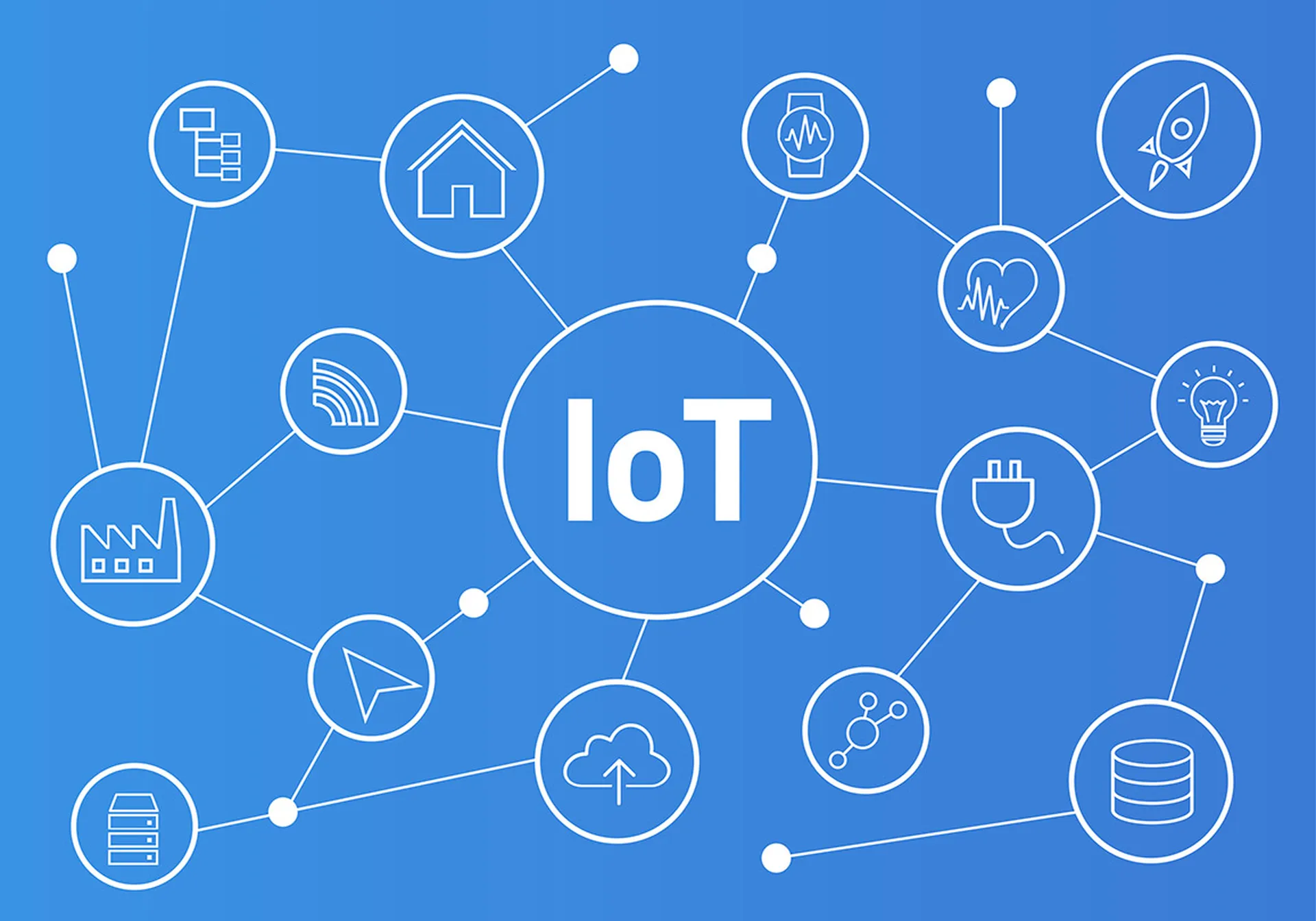In the age of pandemic-driven remote work, employees have blurred the lines between personal and work devices. Personal devices are used to conduct business. In their home setting, workers use work devices for personal pursuits. The combination has made it significantly harder for security teams to protect customer data from ransomware gangs and other online thieves.
This reality is captured in a recent report from HP Wolf Security: “Blurred Lines and Blind Spots” – which combines findings from a global YouGov online survey of 8,443 office workers with a global survey of 1,100 IT decision makers conducted by Toluna.
Perhaps the most striking takeaway is that 70% of office workers admitted using work devices for personal tasks while 69% acknowledged using personal laptops or printers for work activities. Almost a third (30%) of remote workers surveyed have let someone else use their work device.
The result: Home-based workers are increasingly being targeted by hackers.
“As the lines between work and home have blurred, security risks have soared and everyday actions such as opening an attachment can have serious consequences,” said HP CISO Joanna Burkey. “Without all of the pre-pandemic sources of visibility of devices, and how they are being used and by who, IT and security teams are working with clouded vision.”
Among the findings, 71% of employees access more company data, more frequently, from home now than they did pre-pandemic – the most common types of data being customer and operational data (43% each) and financial and HR records (23% each). Office workers are increasingly using work devices for personal tasks. For example:
- 33% download more from the internet than before the pandemic – a figure that rises to 60% for those aged 18-24.
- 27% of respondents use their work device to play games more than before the pandemic – rising to 43% for parents of children aged 5-16.
- 36% use their work device for watching content using online streaming services – again, this figure rises to 60% among those aged 18-24.
- Four in ten office workers admit to using their work device for homework and online learning more in the past year. A figure that rises to 57% for parents of children aged 5-16.
Meanwhile:
- 76% of office workers surveyed said working from home during COVID-19 has blurred the lines between their personal and professional lives.
- 27% of office workers surveyed say they know they are not meant to share work devices but felt they ‘had no choice’ – yet 85% of ITDMs worry such behavior increases their company’s risk of a security breach.
- Half of office workers say they now see their work devices as a personal device, while 84% of ITDMs worry such behavior increases their company’s risk of a security breach.
- Over the past year: 54% of ITDMs saw an increase in phishing; 56% an increase in web browser related infections; 44% saw compromised devices being used to infect the wider business; while 45% saw an increase in compromised printers being used as an attack point.
These realities are partly why HP launched HP Wolf Security, an integrated portfolio of secure-by-design PCs and printers, hardware-enforced endpoint security software, and endpoint security services.
Building a more secure strategy
Re-balancing the need for security against the needs of the worker requires a completely different model of endpoint and WFH security built on the principles of Zero Trust, in which no user action is trusted implicitly and access to resources is assessed based on context -- user, device, location, and security posture.
This applies not only to individual devices but to different elements on the endpoint itself, including firmware, application security, the integrity of the OS, and the account or the user accessing data.
A more distributed, digital world doesn’t have to mean a more vulnerable world, Burkey said.
As the cyber world constantly evolves, so must cybersecurity. The technology of the near future will be secure by design and intelligent enough to not only detect threats, but contain and mitigate their impact, she said.
Download the report: HP Wolf Security Blurred Lines & Blindspots



